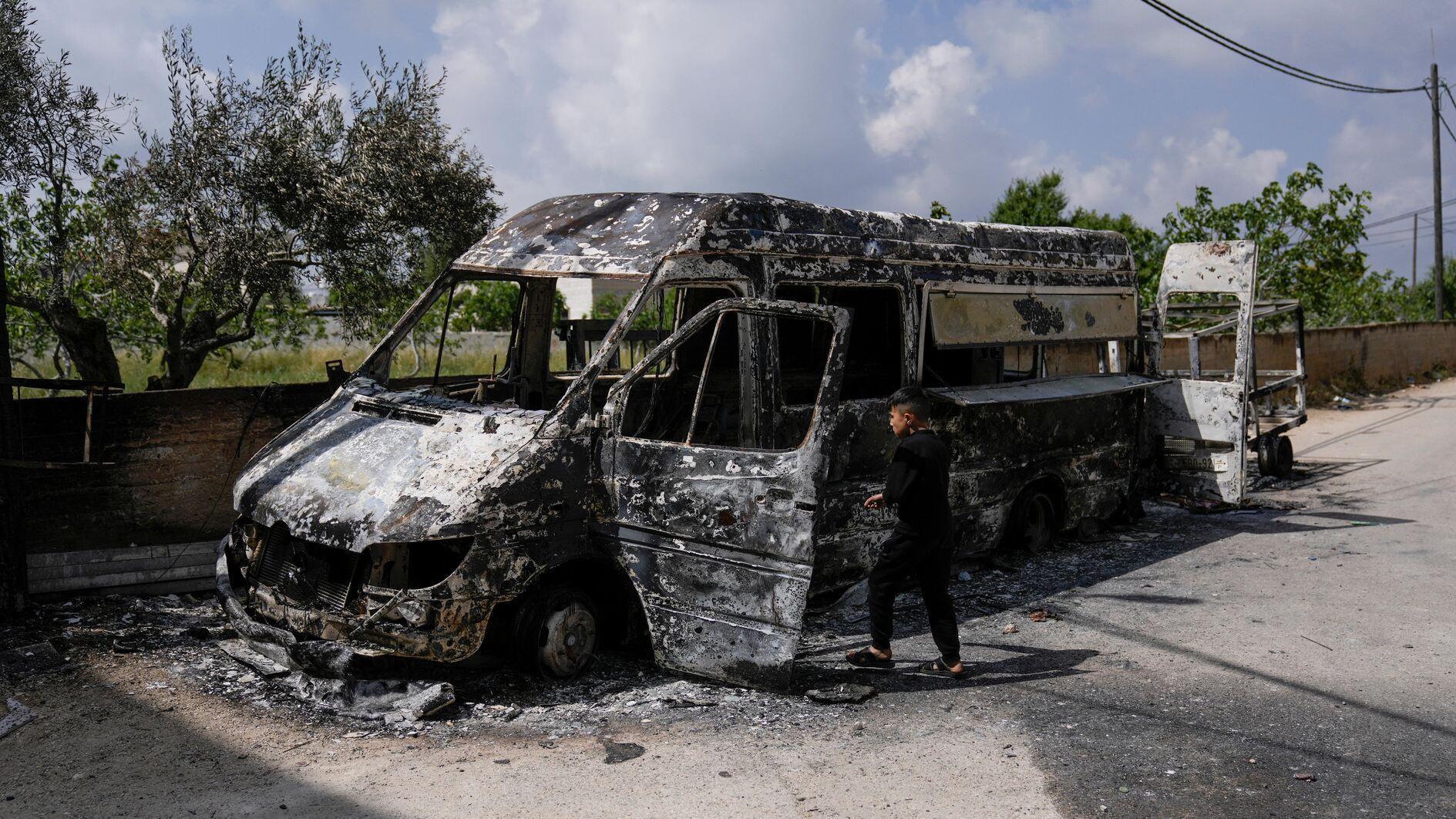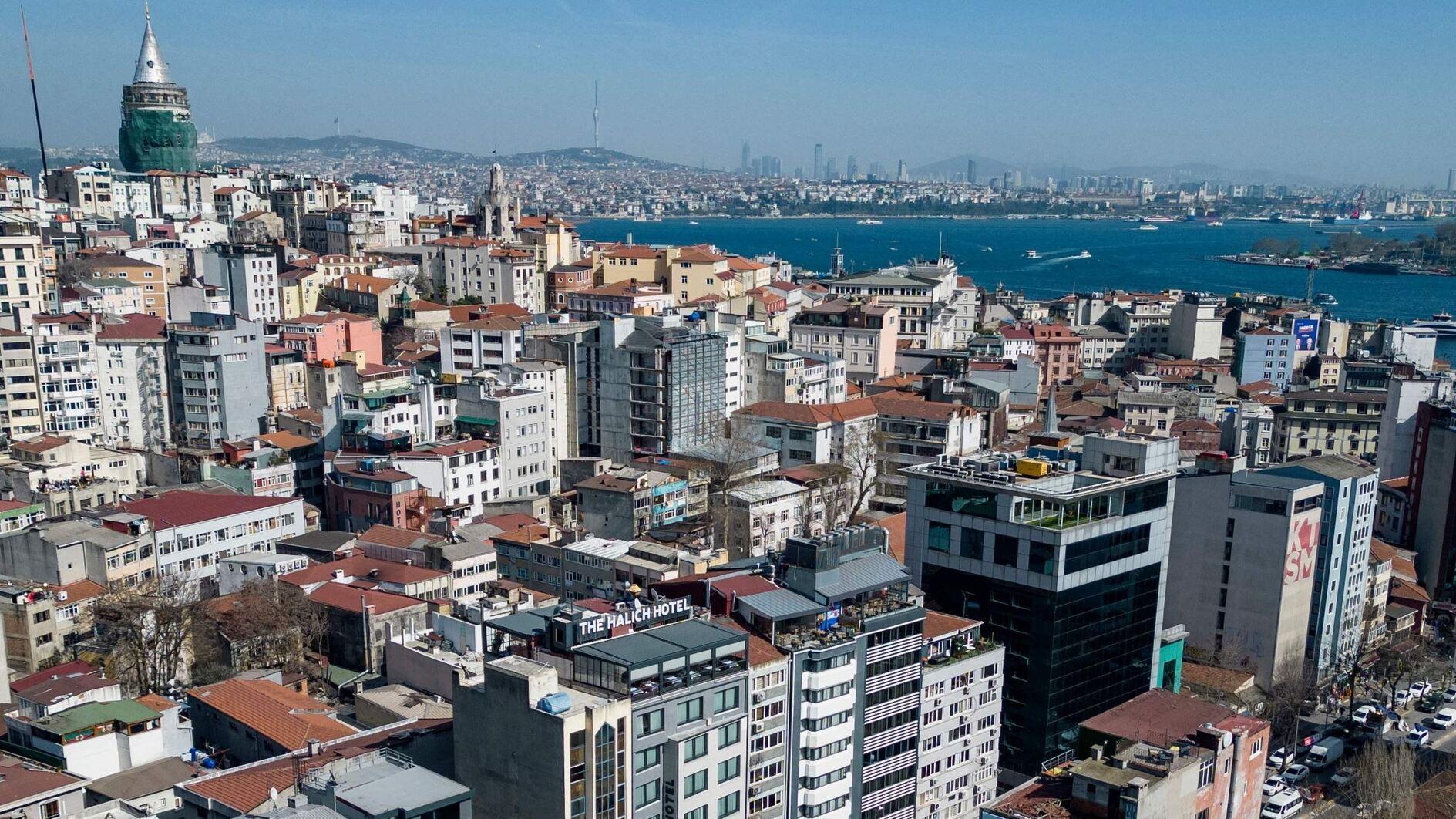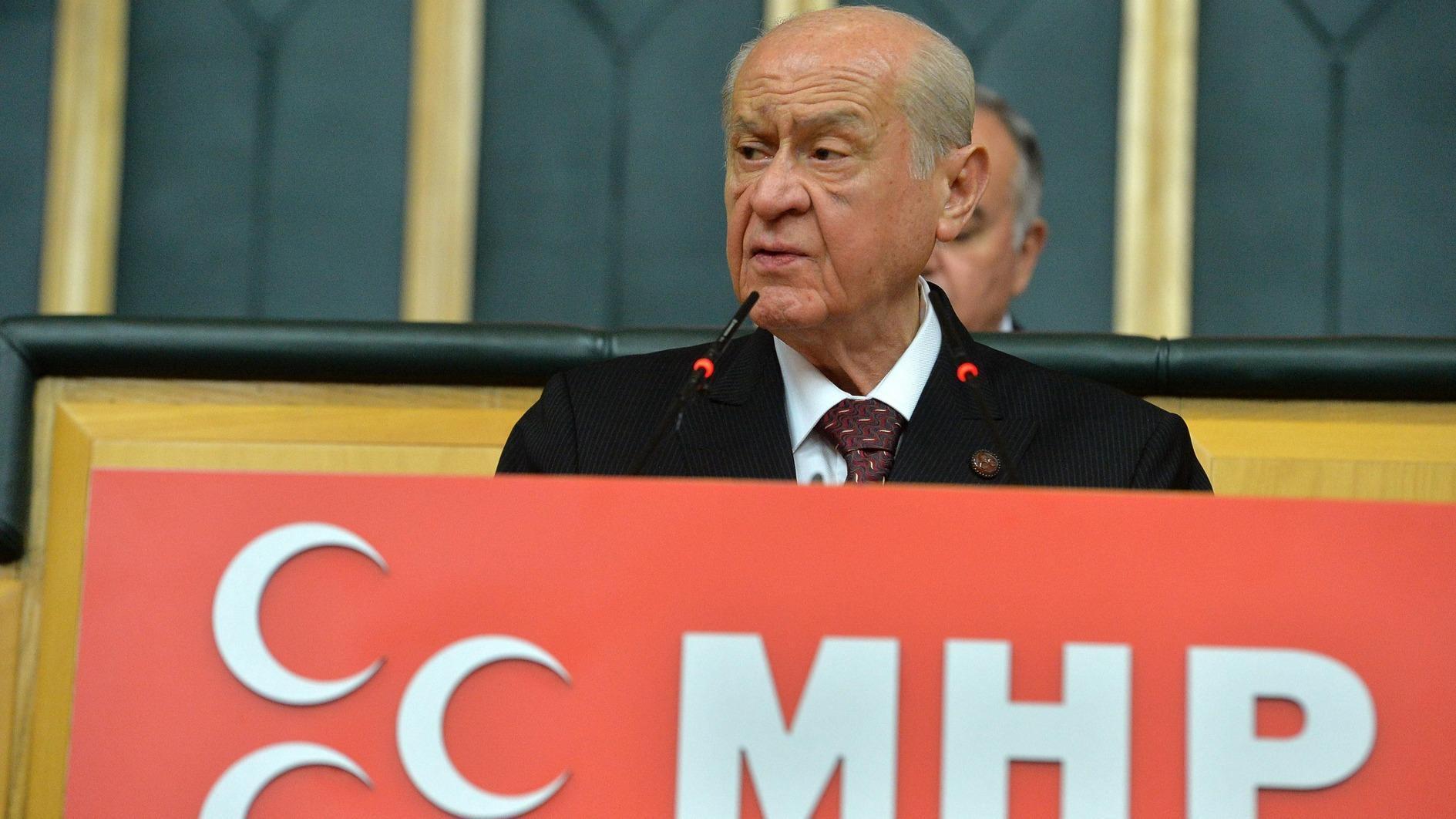Turkey’s Kurdish Moment
Soner Çağaptay*
Recent Kurdistan Workers’ Party (PKK) violence in Turkey, including its execution–style murders of two police officers on July 23rd, is alarming. The PKK attacks are in response to Turkish shelling of the group’s camps inside Iraq. After a four year respite from Kurdish violence, Turkey risks once again being sucked into the vortex of fighting.Yet, if the Turks and Kurds can take stock of recent developments, including the success of the Kurdish nationalist Peoples’ Democratic Party (HDP) in the June 7th Turkish parliamentary elections, and also study successful examples of defusing ethnic tensions, like the Spanish model, Turkey can retract from the brink of violence.
The HDP’s entry into the Turkish parliament is a historic development: For the first time, a Kurdish nationalist party crossed the 10 percent threshold required to join the legislative. Running with an alliance of liberals, the HDP has secured 80 seats in the 550-seat legislature and has become a force to be reckoned with—you may disagree with the Kurds, but you can no longer ignore their politics.
The Turkish Kurds are excited by the developments across the border: The Kurds in Iraq run their affairs inside the nominally independent Kurdistan Regional Government and, since the beginning of the civil war and Syrian Kurds have carved out de facto autonomous areas, collectively “Western Kurdistan.”
Turkey needs to address the Kurds’ grievances, though following regional examples in Syria, Iraq, or Iran is not necessarily the best way to do so.
In Syria, Iraq and Iran, an overwhelming majority of Kurds live within the boundaries of their traditional homelands, or “Kurdistans.” In Turkey, half of the Kurds have migrated out of their homeland in the country’s southeast and Istanbul is the most populous Kurdish city in the world.
The Kurdish population is not only diffused geographically in Turkey but is also quickly integrating. One of every six Kurds is married to a Turk. Accordingly, addressing Kurdish demands in Turkey must grant comprehensive cultural rights for all of the country’s citizens, including the Kurds, regardless of location.
Reforms would include access to education and public services not only in Kurdish, but in other minority languages demanded.
An ancillary to these reforms would be administrative autonomy. Turkey is a large country in need of decentralization. The Kurds want self-government in the southeast. But, an overwhelming majority of Turks oppose outright federalization.
In this regard, Turkey can study Spain’s administrative reforms that began in the 1980s. In Spain’s asymmetrical political system, areas such as the Basque Region have stronger administrative autonomy than others. Yet, all areas are under Spain’s central government. By providing the Basques with local political power, Spain has ultimately pulled the carpet out from under the violent wing of the Basque movement.
Turkey could follow a similar path of decentralization, allowing for stronger administrative autonomy in Kurdish provinces, and other outlying areas, while maintaining constitutional unity. However, the Spanish model would not be entirely applicable. The wealthy Basque Region has near financial autonomy from Madrid. Turkey’s poor Kurdish southeast would depend on the rest of the country for net transfers.
Still, Turkey’s inspiration for moving forward should come from Spain’s liberalism, not the Syrian war. And this is where the liberals’ and Kurds’ agendas overlap. The HDP was able to enter the parliament and win an impressive 80-member block due to liberal support. The Kurdish movement has to stay non-violent. The Kurds will be relevant in Turkish politics only if the HDP maintains its liberal outlook, thereby bolstering the party’s national strength.
Enter the PKK and Abdullah Öcalan, the organization’s charismatic founding leader who has been serving a life term on an island prison since 1999. Öcalan opened peace talks with [Recept Tayyip] Erdoğan in 2013, after which the PKK declared a cease-fire with Turkey. Following the Turkish bombing campaign, the group has declared the ceasefire to be over, starting a campaign to assassinate Turkish security officers.
Erdoğan cynically wants to use these developments to embolden his Justice and Development Party (AKP) in potential early elections (June 7 elections have produced a hung parliament and analysts predict early polls in Turkey.) The HDP is the political arm of the Kurdish movement in Turkey, though the HDP is both a product of and subservient to the PKK. The Turkish president hopes that the HDP will not be able to renounce PKK violence. This stance could cost the HDP the electoral threshold in early elections –since its liberal voters will flee the party. If the HDP fails the threshold, the AKP would pick up its seats as the second most powerful party in the Kurdish provinces, endowing Erdoğan’s party with legislative majority, again.
Ultimately, Turks and Kurds alike have much gain from getting along well since they now face a common threat: the Islamic State of Iraq and the Levant (ISIL), which, on June 20, orchestrated a suicide bomb attack on the Turkish border town of Suruç, killing 31 people, both Kurds and Turks.
Things could be different if the Kurdish movement and HDP stay committed to peace, trumping Erdoğan’s scheme. Moving forward, a liberal non-violent Kurdish movement could eventually band with the social-democratic wing of Turkish society, potentially becoming Turkey’s largest opposition movement. This is the Kurds’ Turkey moment. It is theirs to make or break.
*Soner Çağaptay is a Beyer Family Fellow, director of the Turkish Research Program at the Washington Institute and author of “The Rise of Turkey: The Twenty-First Century’s First Muslim Power.”











